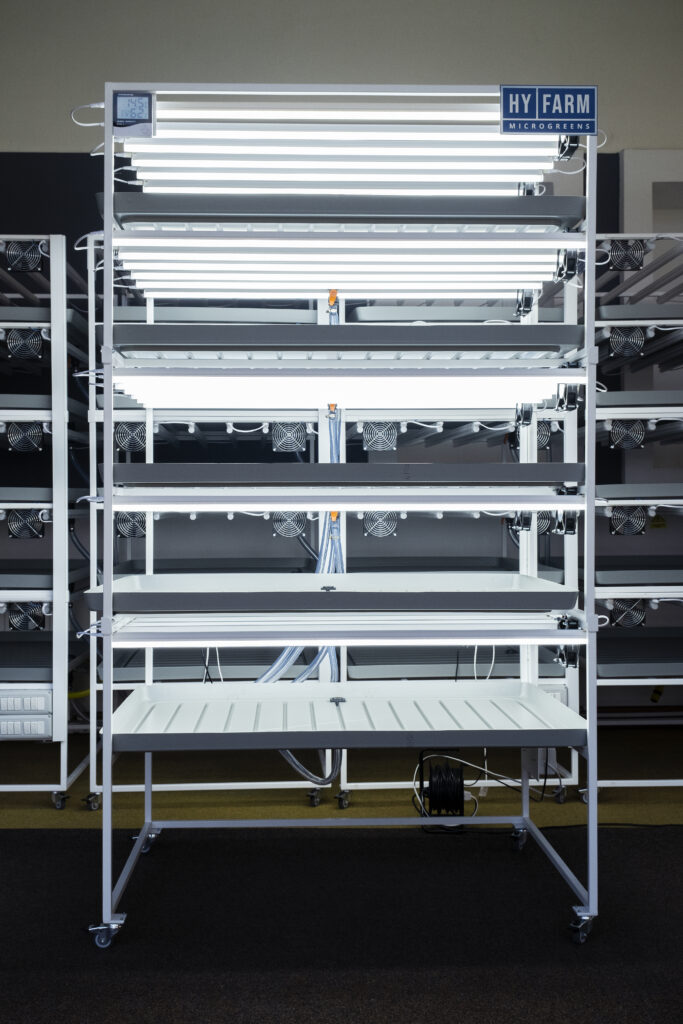Hydroponic education is becoming an increasingly popular method in schools, capturing the attention of both students and teachers alike. This modern gardening technique, involving the cultivation of plants without soil in a nutrient-rich water solution, brings numerous educational benefits. In this blog post, we will explore how schools adopt hydroponic gardening to teach students about biology, sustainability, and the importance of fresh produce.
Benefits of Hydroponic Education:
1. Hands-on Learning:
A hydroponic garden allows students to directly engage in the process of growing and caring for plants. This practical experience helps them better understand the life cycle of plants and the significance of environmental factors in their healthy growth.
2. Encouraging Sustainability:
By using hydroponic techniques, students learn about conserving natural resources such as water and soil. They also understand how this gardening method can contribute to reducing the carbon footprint, making it a sustainable approach to food production.
3. Promoting Fresh Produce:
Hydroponic gardening enables schools to produce fresh and healthy food right on campus. Students can grow vegetables, herbs, or salads, providing them with an opportunity to learn about the nutritional value of food and enjoy the authentic taste of fresh produce.
4. Connecting with Nature:
For students coming from urban environments, hydroponic education offers a chance to connect with nature and understand the natural cycles of plants and the importance of biodiversity.
Examples of Hydroponic Education Projects:
1. Classroom Hydroponic Garden:
Schools can set up small hydroponic gardens right in their classrooms. Students will be involved in every stage of the process, from seed to harvest. These gardens can be used to learn about the plant’s life cycle, their growth requirements, and the importance of water and nutrients.
2. Interdisciplinary Projects:
Hydroponic gardening can be integrated into interdisciplinary projects, such as studying water cycles, the impact of climate change on agriculture, or the importance of biodiversity for ecosystems. This will contribute to developing a more comprehensive view of the world we live in.
3. Social Responsibility Program:
Schools can engage students in social responsibility projects, cultivating hydroponic food for those in need or the local community. These projects promote values such as generosity and care for others.
Hydroponic education is more than just a gardening method; it is an innovative way to teach students about the natural world, sustainability, and responsibility. By cultivating plants in an ecological manner, students acquire valuable skills and knowledge that will accompany them throughout their lives. Therefore, integrating hydroponic gardening into the school curriculum represents a significant step towards a more holistic education and preparation for a sustainable future.


